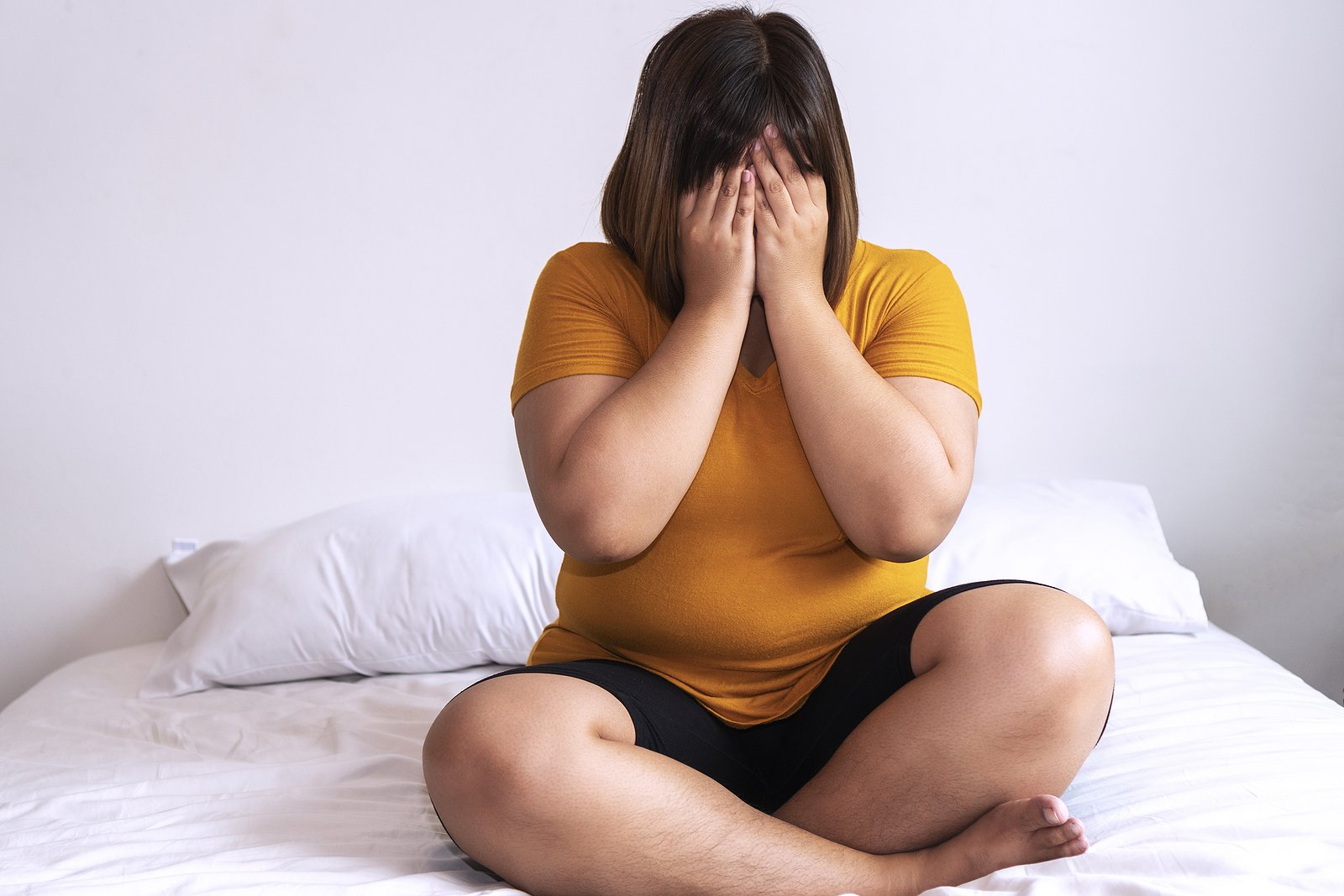Anorexia nervosa may be the most well-known eating disorder in the world. Bulimia nervosa has also seen increasing recognition in the past few decades.
However, you may be supposed to know that the most common eating disorder in the US is binge eating disorder.
Eating disorders can have multiple causes and triggers. Any stressful or traumatic event, such as divorce, a breakup, physical illness, death of a loved one or any significant life change can all trigger an eating disorder.
The specific kind of disordered behavior around eating and food is an external expression of disordered thinking in the mind. How that manifests can vary hugely between individuals.
Individuals suffering from binge eating disorder often lose control over their eating, but they don’t show the purging behaviors that mark Bulimia nervosa.
Binge eating disorder is most often seen in individuals who are obese, compared with individuals of average weight (seen most often with bulimia), or underweight (seen most often with anorexia).
Although the dangers of binge eating are different to those associated with bulimia or anorexia, they can be just as difficult to deal with and can be just as life-threatening.
If you think you or someone you know may be suffering from an eating disorder, reach out for specialist support today.
At Inside Wellness, Utah, our warm team of therapists specializes in caring for sufferers of eating disorders in Salt Lake and Utah Counties . We want to give you the best care possible, so we are constantly training in new therapy modalities and the latest research surrounding eating disorders.
Get the expert help and support you need by scheduling a call with our experienced intake coordinator today.



